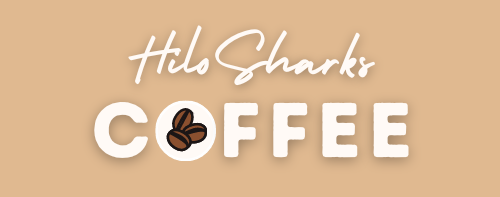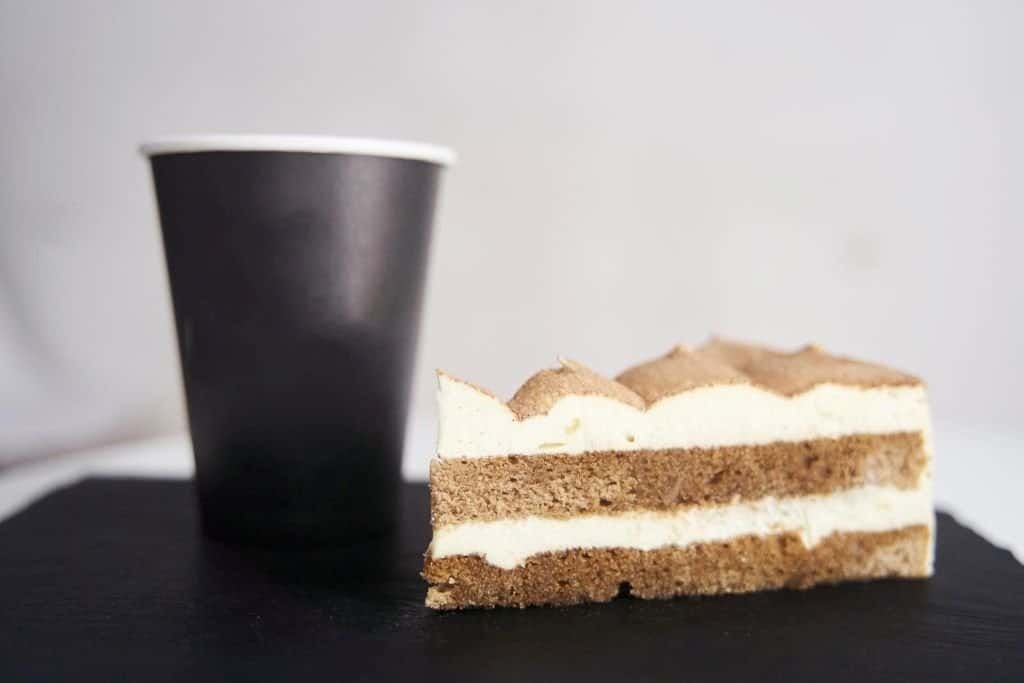Veganism is a commonplace diet nowadays. The parameters around it are simple enough, and generally speaking; it has become not only an accepted and understood form of food intake but an encouraged one with multiple options on menus at restaurants.
But while its rules are easy enough, sometimes what we consume isn’t all that easy to check in on.
Vegan vs. Raw Vegan
Veganism, as most know, is choosing to not partake in any food products that are derived from or are a byproduct of animals. These things include any and all animal proteins, dairy, and honey, to name a few.
By comparison, raw veganism is the same as veganism but with the additional stipulation that the food they consume can’t be processed in any way or cooked at a high temperature. Anything fried, roasted, or baked is off the table.
Is Coffee Vegan?

Simply put, yes. Coffee is a plant and not in any way a product derived from animals, so coffee definitely falls under the realm of what is vegan-approved. Coffee is vegan, that is, if you take your coffee black. When you start introducing milk and creamers, things get a little dicey.
Milk is not vegan, and neither are most creamers. Most cafes have multiple vegan milk alternatives at this point in the form of almond, coconut, oat, soy, rice, and cashew, with each one adding its own depth and flavor profile to adjust how your coffee tastes.
At this point, it’s arguably more beneficial to explore different milk options in your coffee regardless of whether or not you’re vegan. Why settle for regular milk when it can have a naturally nuttier, foamier, or sweeter taste? There are vegan creamer brands out there, though, so if you prefer creamer over milk and have recently turned to veganism, fear not.
Is Coffee Raw Vegan?
Unfortunately, if you’ve made it this far, you probably know the answer to this question already. Because of the stipulation of not being prepared at a high temperature, coffee is off the table for raw vegans.
This issue does not stem from the temperature of the beverage itself but actually from the fact that coffee beans need to be roasted during their preparation phase to then go out and be ground up into coffee.
Regardless of if it’s a piping hot cup of coffee or a frozen iced latte (with vegan milk), neither of them would be an acceptable beverage for a raw vegan.
What You Can Do
Despite not being able to consume coffee as a raw vegan, you can make sure that the coffee your friends are enjoying is from fair-trade companies derived from ethically sourced locations.
Fair-trade coffee means the workers responsible for the beans are being treated and paid fairly for their work, and seals like the “Rainforest Alliance” “UTZ,” and “Bird-Friendly Coffee Seal” ensure the correct guidelines are being followed by employers o both the wildlife, the workers, and that the coffee is 100% organic.
While veganism is already a stringent set of guidelines for food consumption, raw veganism adds additional constraints that can block off different things not because of where they are coming from, but from how they are prepared before coming to you.
Raw vegans should take care to make sure what they are eating or drinking hasn’t been processed or heated too high and remember that to stay true to their dietary restrictions, coffee, unfortunately, is off the table for them.




